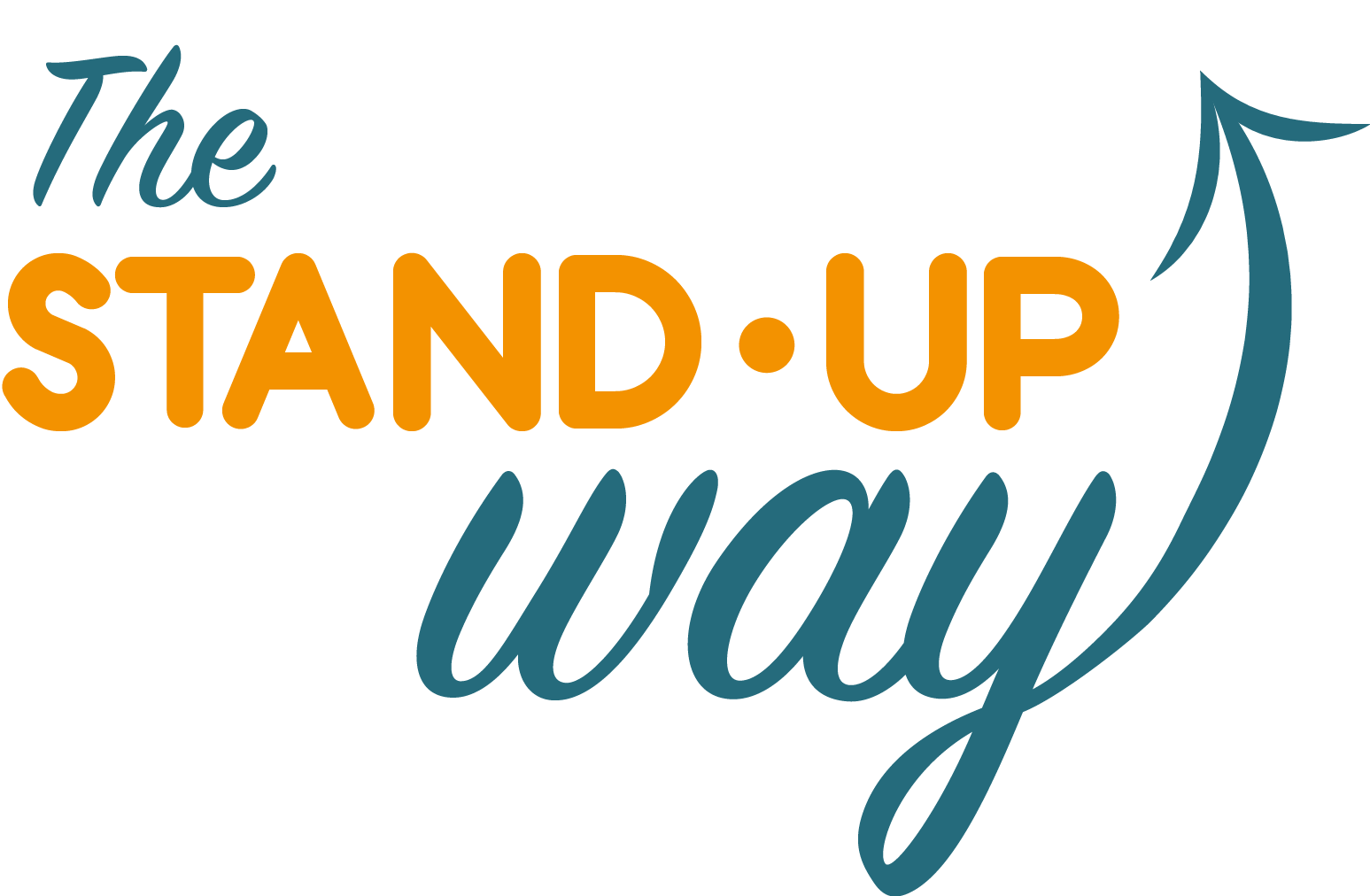
Work, for some a passion, for some a necessary evil, for some an illustrious prey that is hard to hunt down. When we think of work, most of us immediately think of paid work, although that’s not the only kind of work that exists. Think of all the volunteer work, the daily chores around the house, raising kids, studying for your piano lessons, … That’s actually work too although you don’t get payed for it.
It’s paid work that is heading towards the endangered species list. For many of you this might sound like science fiction but computers and robots are on their way to take over the vast majority of our jobs. The next 3 videos will explain why this is not science fiction anymore and why it will happen sooner than you think.
To get a bit of an overview of what is already there and where we are heading to, have a look at this video …
Humans need not apply
It may sound scary and maybe you still think it’s exaggerated and largely in the land of science fiction. So let’s dig in a little further. Jeremy Howard gives a bit of a more in depth insight in his TED talk.
The wonderful and terrifying implications of computers that can learn
If you still think this will be a long way away from us, think again. It has started already. Here are a couple of examples:
UBIC is a data processing organisation that uses AI to sift through the data in order to help people make better decisions. But that’s just the first phase. As is explained in the first episode of NextWorld (paid content), there is already a law firm that uses their software to decide who gets which documents to work on. The lawyers have become assistants to the system instead of the other way around. They even go further, they also have people selecting the documents. They compare their selections with the picks of the AI and when they are off too often, they might face a pay cut or even risk being fired.
In order to train these AI’s we can use human input to provide the necessary training … up until the point that they are no longer needed. It’s like a toddler needs a parent to help him/her to learn the beginnings of riding a bike but once he/she has the hang of the learning process, the parent is no longer needed. The same goes with AI’s. Once they know enough, they can continue to learn all by themselves based on feedback from the real world. And once these AI’s are trained, we can simply copy them. Not every single one needs to be trained all over again. And once we have copies, those copies can train each other.
Now you might think that we need to stop this, that we must not allow robots and computers to take away our jobs because it would be a disaster for most of us. You would be right in the context of how our income system works today. As long as your income is dependant on you having a paid job, yes, you’ll be in some pretty deep shit pretty soon. Which is why we need to start to change our thinking around income and work. We need to sever this link between a paid job and a liveable income for the very simple reason that it is not sustainable. Our politicians seem to be totally unaware of these developments and we need to wake them up before it’s too late.
It’s not just our thinking about where we get our income from that needs to change though, we should also have a long, hard look at our monetary system. The system we have right now, and which is hardly ever questioned by anyone, is actually a force of destruction disguised by a thin layer of consumeristic sugar.
By changing the context we can transform these developments from a potential disaster into a potential paradise. Just think about all the tedious and mind numbing jobs no one will have to do anymore. It will free up time to spent on meaningful activities, things that really improve your quality of living. To start with, it will give everyone time to ponder what actually is meaningful to them. Science has some hints to offer.
Technological progress does not stop here. We, humans, are a curious species and we will always keep exploring new discoveries and try out new experiments … and see what our new toys can be used for. Enter the realm of the artificial super intelligence. It’s not right at our door step just yet but there was a time that the idea of putting a man on the moon was considered as absolute nonsense too. We will one day create this. Here’s why we need to approach this with care.
What happens when our computers get smarter than we are
Does this mean we are making ourselves obsolete as humans? No, in the end we will always have the immense creative capability that we can give meaning to our own lives. That is something no computer will ever be able to take away. No matter how good computers and robots get at doing what we do, we will always have access to the joy of doing something, the surge of accomplishment when we master something, the nourishing qualities of meaningful interactions with loved ones, the excitement of exploration.
Change is coming, and it has a magnitude that we never experienced before. The question is not whether that change is good or bad, the question is whether we are preparing for it so we can make it work for us instead of against us.
Also published on Medium.



A great short and sweet overview Stef! The world is going to change so much in the next years, most horses still need to wake up 🙂